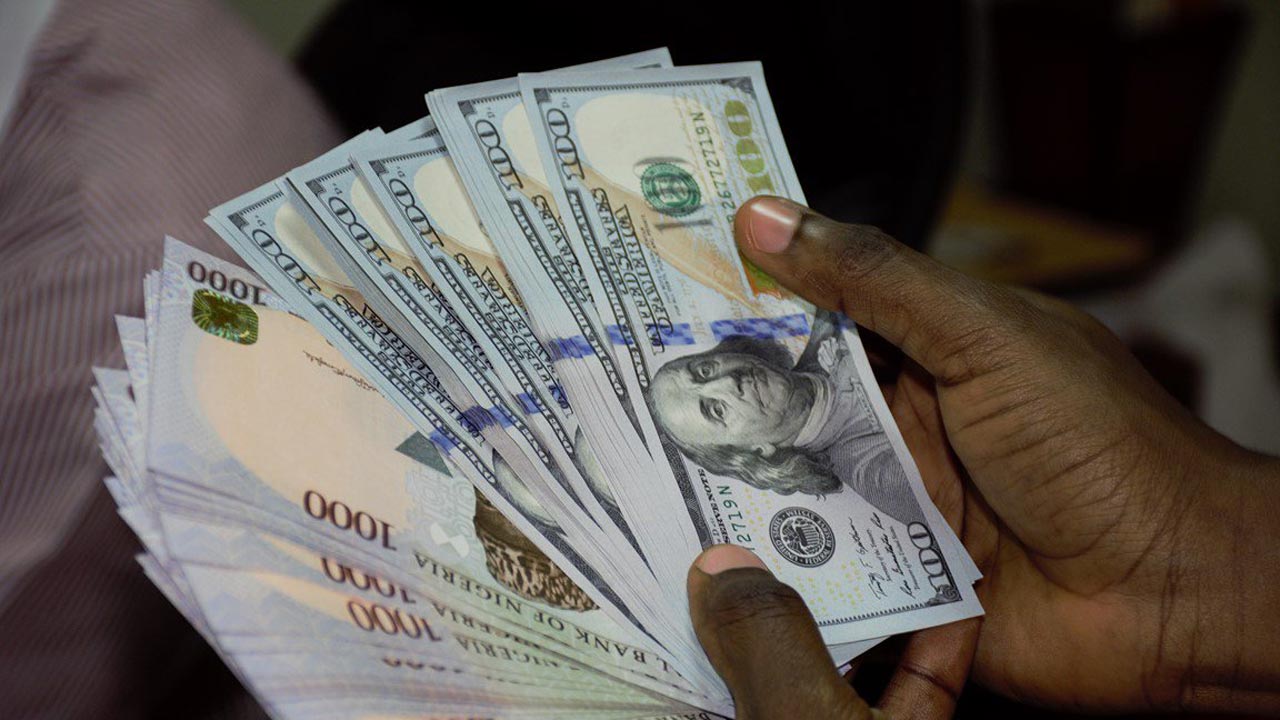ABUJA, Nigeria — The Central Bank of Nigeria, CBN, is pointing the finger at diaspora remittances that bypass the official system, attributing it to the recent slump of the Naira against the dollar.
The local currency nosedived to a staggering N925/$1 on the parallel market on Wednesday, August 9, 2023, a symptom of an imbalance where the demand for foreign currency far outpaces the supply.
This decline follows the decision to liberalize the foreign exchange regime, a marked shift from the policies of the President Muhammadu Buhari-led administration.
Speaking at the National Institute for Security Studies in Abuja, the acting governor of CBN, Folashodun Shonubi, elaborated on the implications of this unofficial influx of dollars.
“With those remittances, the dollars have come in, we know the dollars have come in but we don’t see them in the official system. So, they must be going somewhere and somewhere,” Shonubi remarked.
He emphasized that the unregulated nature of the black market or parallel market, as it’s variably known, makes it an appealing conduit for illicit activities.
“We investigate bankers, not just bankers, anybody who has committed an offence, the first thing they want to do is to run to the black markets, change it to the dollars because it is less money to carry around,” he stated.
Diaspora remittances, according to the CBN leader, are a significant source of income for several countries, even powerhouse economies like India and China.
However, in Nigeria, these remittances are often directed towards the unregulated markets, which then upsets the dynamics of the foreign exchange market.
Shonubi underlined the importance of understanding the mechanics at play. “If we don’t understand the dynamics, we usually go with the literature which does not necessarily work for us,” he warned.
In his view, the onus is on the banking system to ensure that remittances are channeled appropriately.
“It would be helpful if we can work together to identify these channels because we just want the flows into the proper channels, there we can get maximum benefits to grow the economy,” Shonubi conveyed.
Reminding the attendees of the bank’s limitations, he shared a recent interaction, “Today, someone called me privately and said this thing (Naira) has gone up to some levels in the black markets, my question was, what do you want me to do? Do I operate in the black markets? I don’t know the basis of pricing in the black markets.”
The executive underscored the importance of diaspora remittances, noting, “We can’t do without diaspora remittances.
For many countries, that’s their main source of income.” The challenge now lies in regulating these funds to ensure they contribute positively to Nigeria’s economic landscape.







